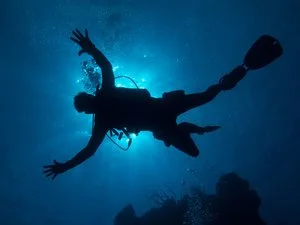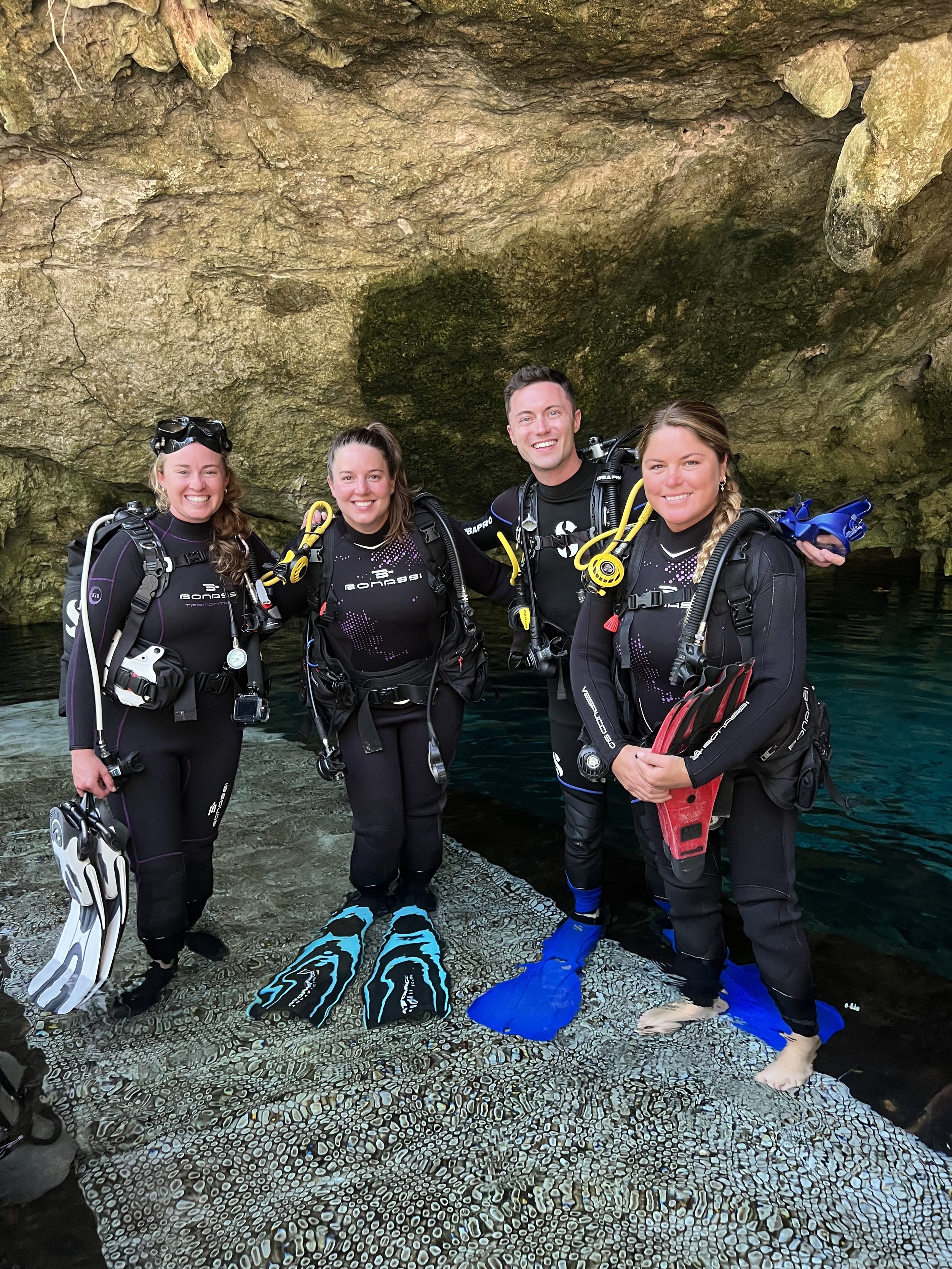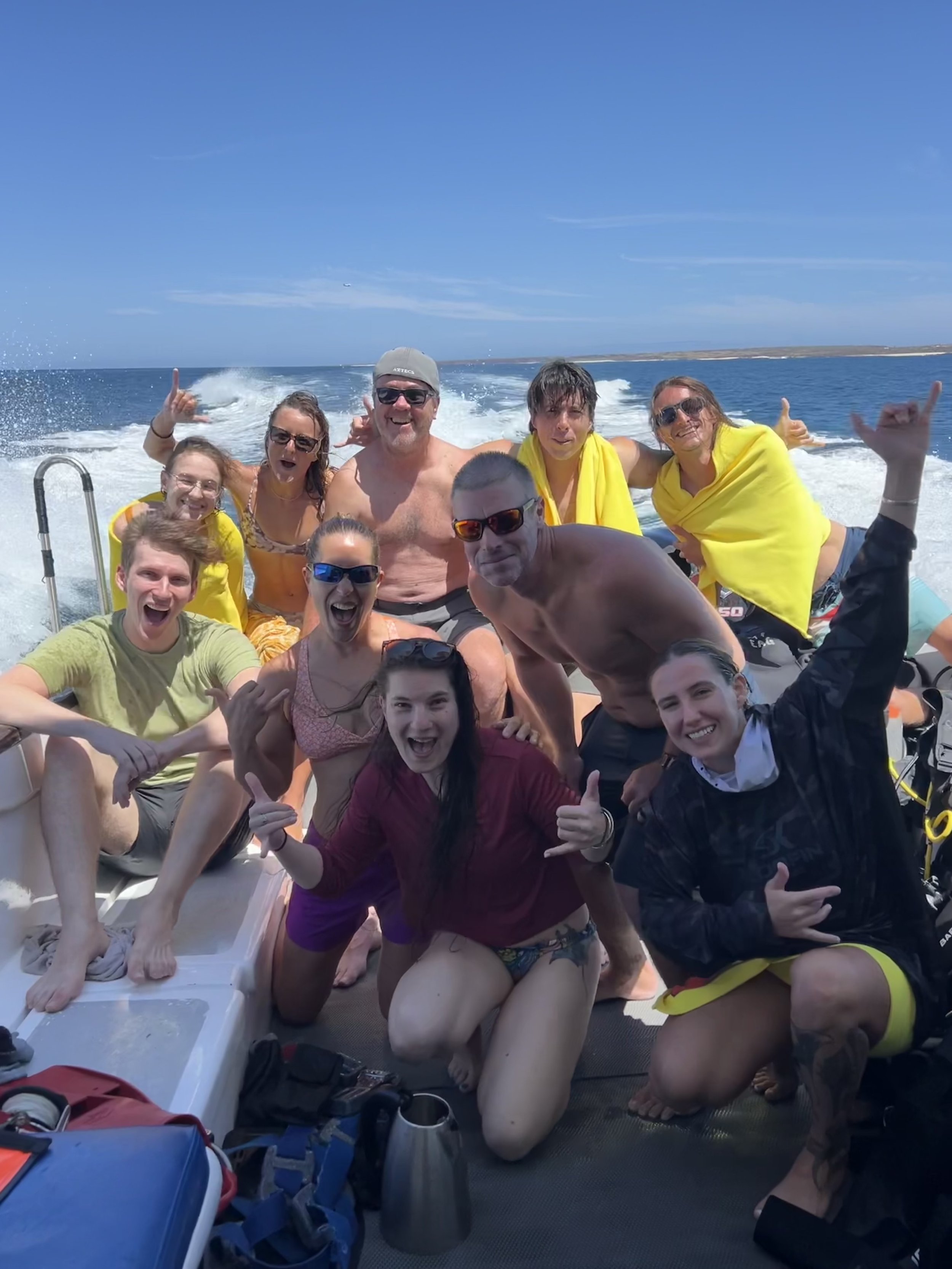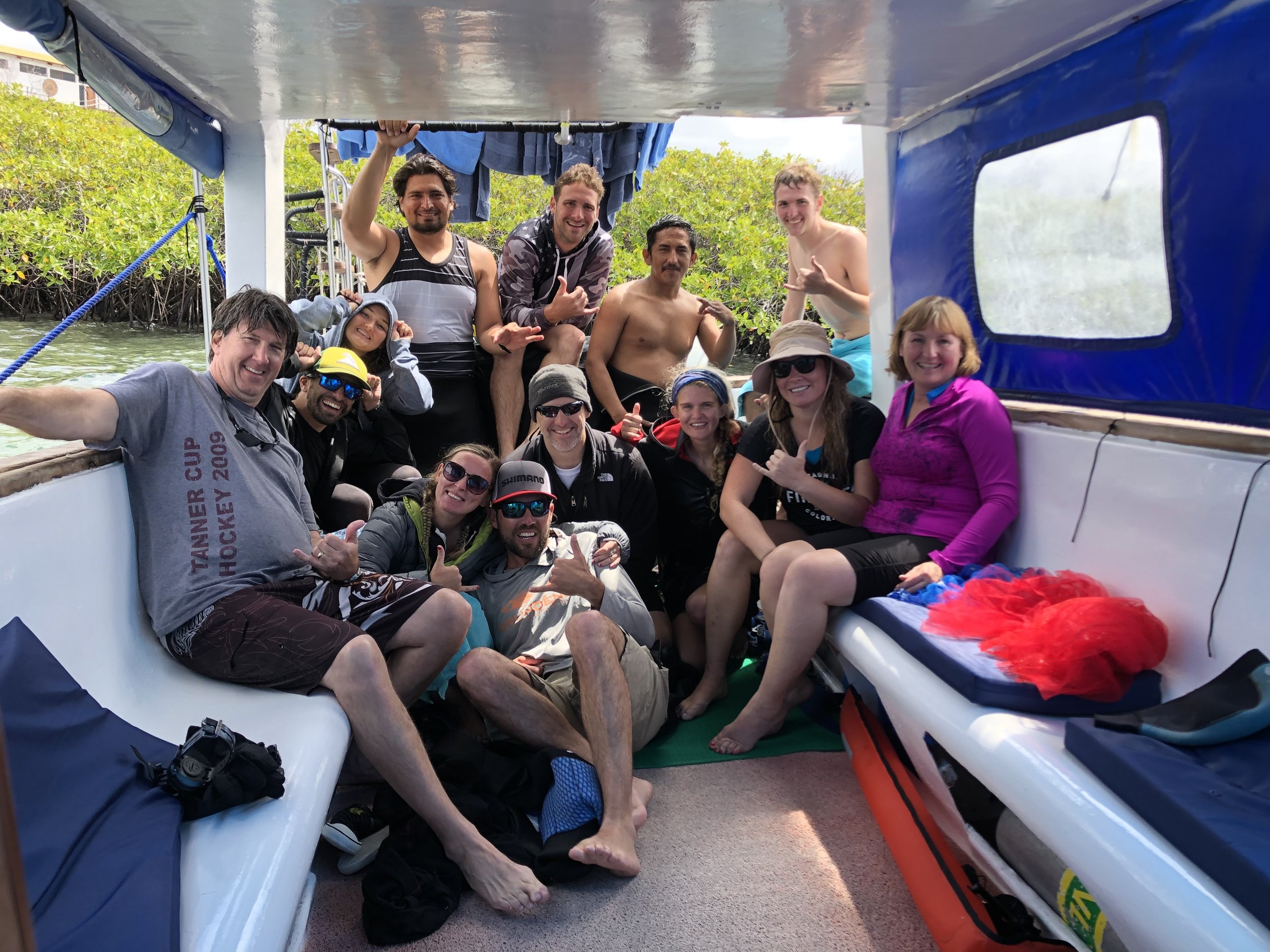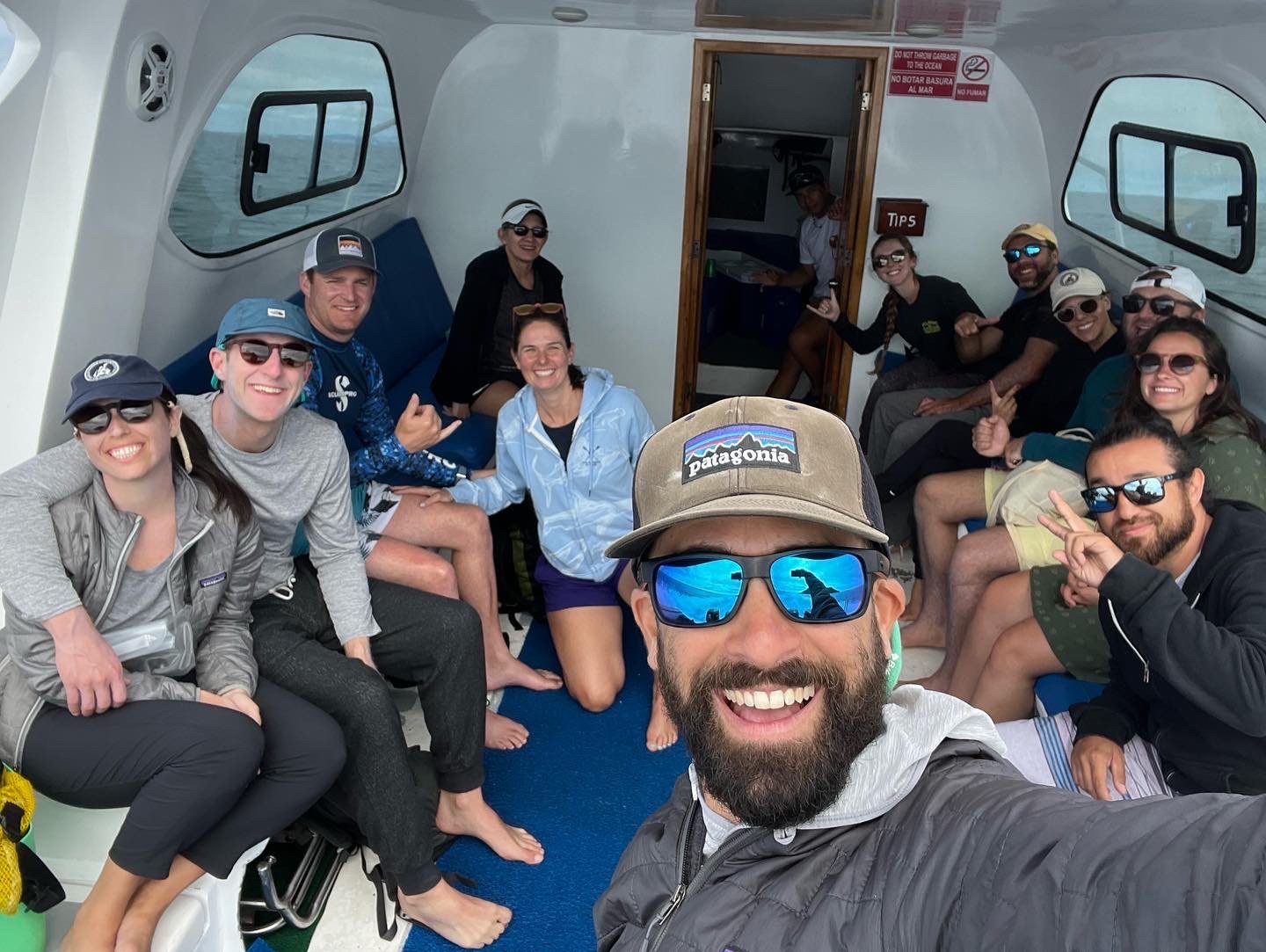With summer right around the corner and a recent regulatory win for travel consumers, many of you will be seeking out a place to get in the ocean and go diving in the coming months. If you’re traveling to a new destination, you know the aches and pains of choosing a dive shop or tour operator. Unless you’ve been given a personal recommendation from a trusted friend, it often feels like a daunting task to pick which one is right for you. This simple guide will help you determine which shop will float your boat best.
Judge the book by its cover
The first step is to judge the book by its cover. The old adage applies well to meeting new people and to choosing a book, but it doesn’t apply well to picking an operation to keep you safe underwater. I find a good rule of thumb is that the care that a company takes in their online appearance and initial communication is generally indicative of the care they take of you underwater.
I start by doing a cursory look at each of the company’s websites. Then once I’ve filtered out the ones whose pages look like they haven’t been maintained since 1998 and the ones that are too confusing to navigate, then I send each of them the same email containing a few simple questions (availability, pricing etc.) so I can compare them side by side. I don’t dive too deep here. This is just a gauge of how promptly, thoroughly and kindly they respond. This step will often help you weed out the shops with poor organization, communication and attitude.
Nitty Gritty
Once I’ve narrowed the list down to the ones that demonstrate professionalism, then I get down to the nitty gritty. It’s at this point that I ask the more important questions. Here are a few that I like to put out there.
How many divers do each of your divemasters/guides take in each group?
Do you offer Nitrox? What is the extra cost?
How do you schedule your dives? Do we visit different sites every day?
Do you participate in any conservation projects in your area? Can I get involved in any way as a customer?
I use the answers to these questions and others to narrow my decision, but beware, I almost never go with the cheapest. I have found that in the tourism industry, you most often get what you pay for.
Get what you pay for
It’s very important to remember that you are paying an operation to guide you around the local area, but more importantly you’re paying them to keep you safe and comfortable; running a quality dive operation is not cheap. Costs a well-reputed dive shop incur include but are not limited to:
Updating rental dive equipment regularly (every couple of years at least)
Equipment maintenance
Liability insurance (don’t pay any tour operator that doesn’t have a waiver for you to sign)
Paying a quality guiding staff/providing continuing education and recertification
Regularly scheduled safety drills and training
Boat maintenance (it costs roughly $1000/year per foot of boat, so a 30’ boat costs about $30,000/year to maintain, store, insure and fuel)
Amenities for pre/between/post dive time
Pinch Here
Your safety and comfort should not be where you pinch pennies. Here are a few ways to save some extra money so you can spend freely where it counts…
Bring your own reef safe sunscreen (sunscreen is expensive everywhere, but especially on islands)
Invest in some of your own gear to lower rental costs
Limit how much alcohol you purchase on your vacation (it’s good for your wallet and for your diving)
Buy dive package deals
Book your travel with a concierge service that gets group rates
Public Opinion
Reading reviews is a great way to get a general idea of the experiences people have with the operation, but take all reviews with a grain of salt; many reviews come from two types of people, those who only leave good reviews and those who only leave bad reviews.
Ecological Impact
Another important thing I consider when choosing a shop is their sustainable practices and involvement in conservation. A smart dive shop will invest in conservation of marine resources in their area, and I’m happy to pay a bit extra to support the causes they believe in. Some other questions you can ask are…
Does the operation provide reusable water bottles? Do they use a lot of single-use items in their service?
Do they have a carbon offset program?
Do they have strict no-touch/no-feed rules for their customers and guides during wildlife experiences?
Do they participate in any local conservation projects like beach-clean ups, reef restoration, turtle preservation?
Quick Guide
To summarize, first judge the operation by how they look online, and how they communicate with you initially. Next ask them some substantial questions, and gauge their responses. Don’t be frugal when it comes to safety and comfort, save money elsewhere. Make sure they are ecologically conscious, and be critical when reading reviews. By applying these few simple tips to your search process, I guarantee you’ll find it easier and more rewarding.
If you ever have questions about an ocean tour operator, please don’t hesitate to reach out. I’m always happy to help you find the best fit.
Have you had an awesome experience with an ocean tour operator? How about a nightmare? Leave a comment with your top picks and your big icks!
Interested in dive travel with trusted tour operators? Check out my upcoming trips!
